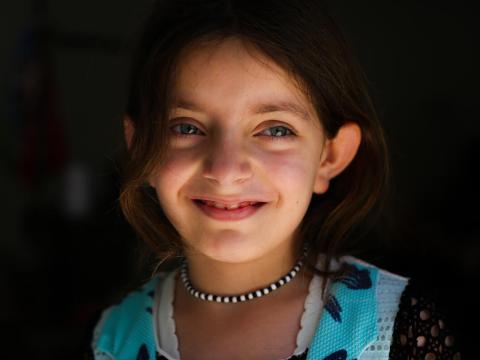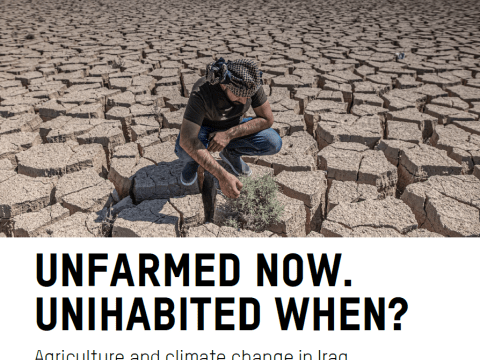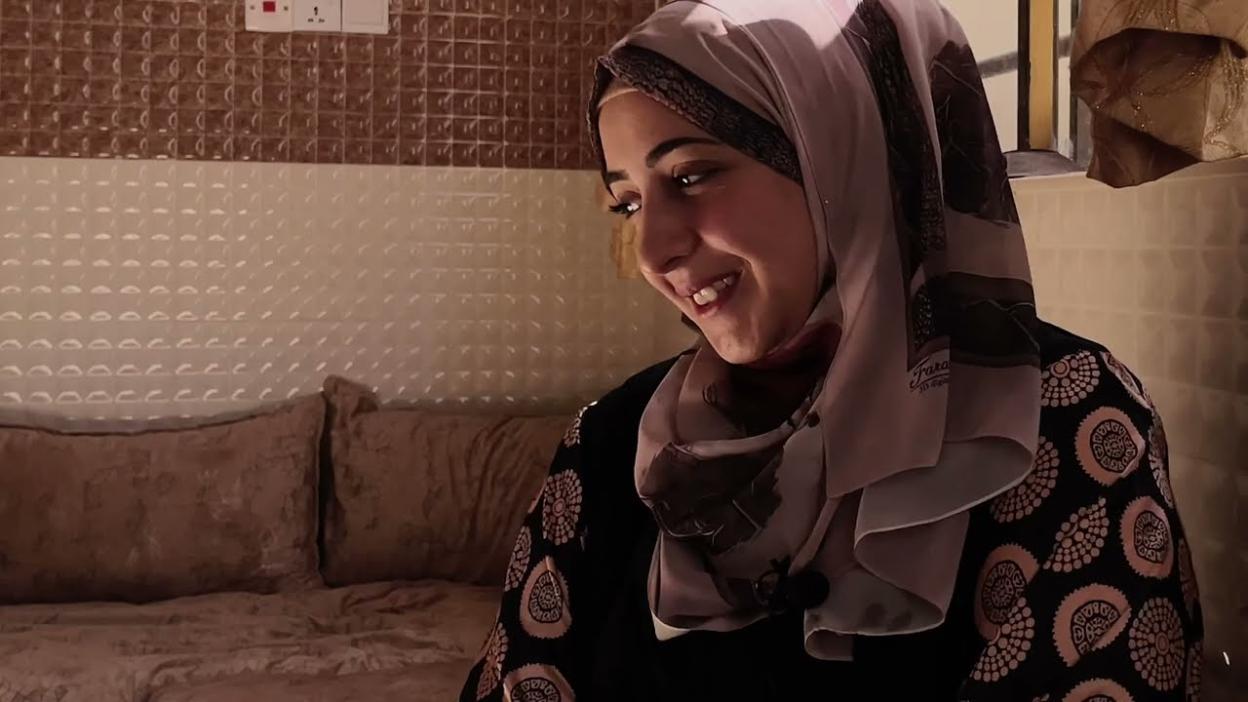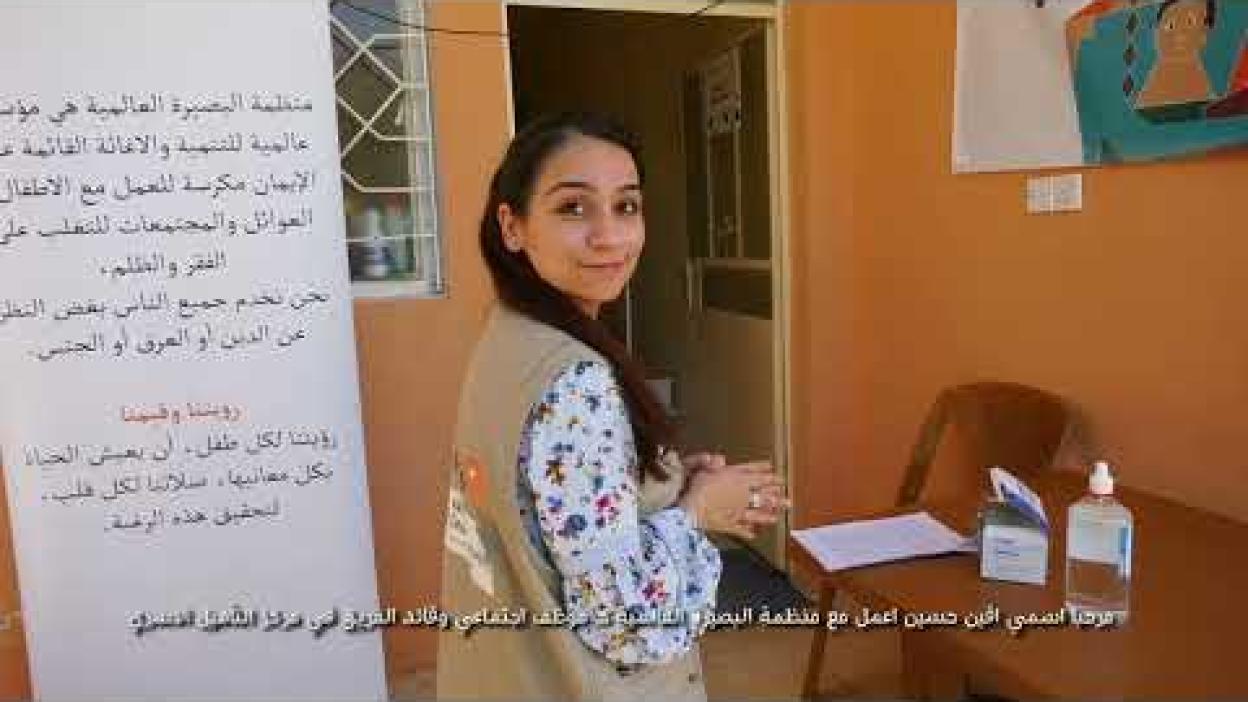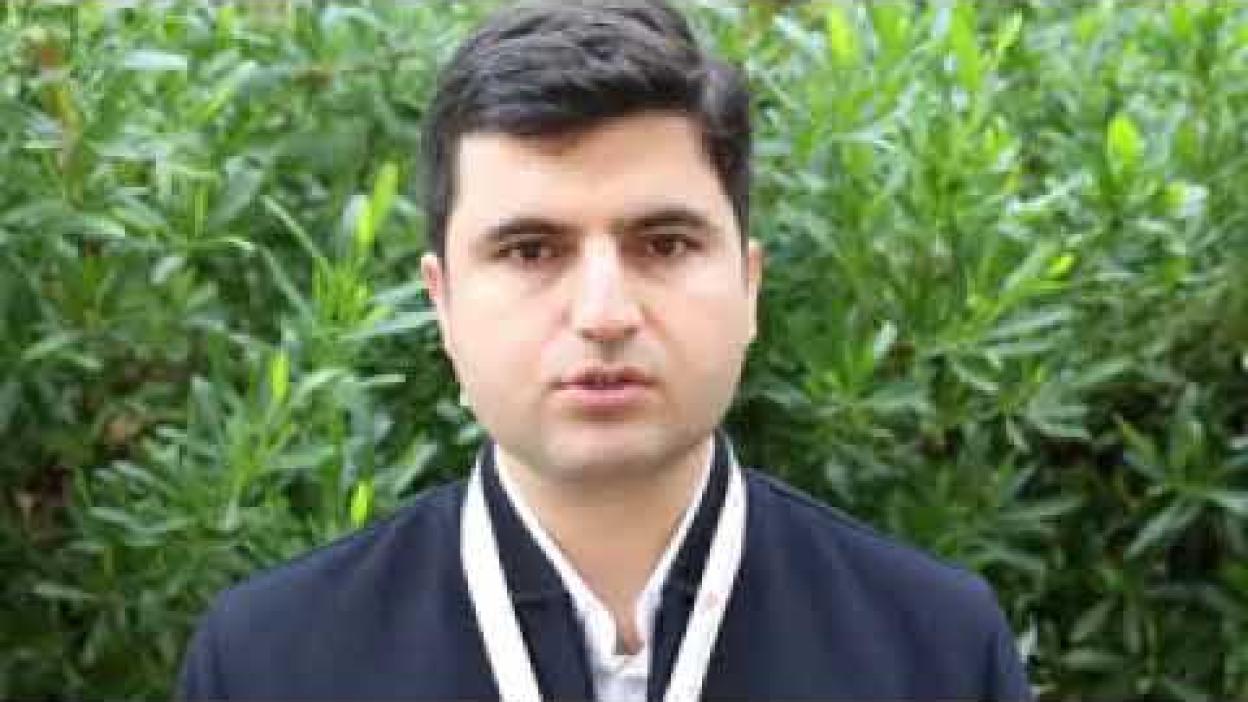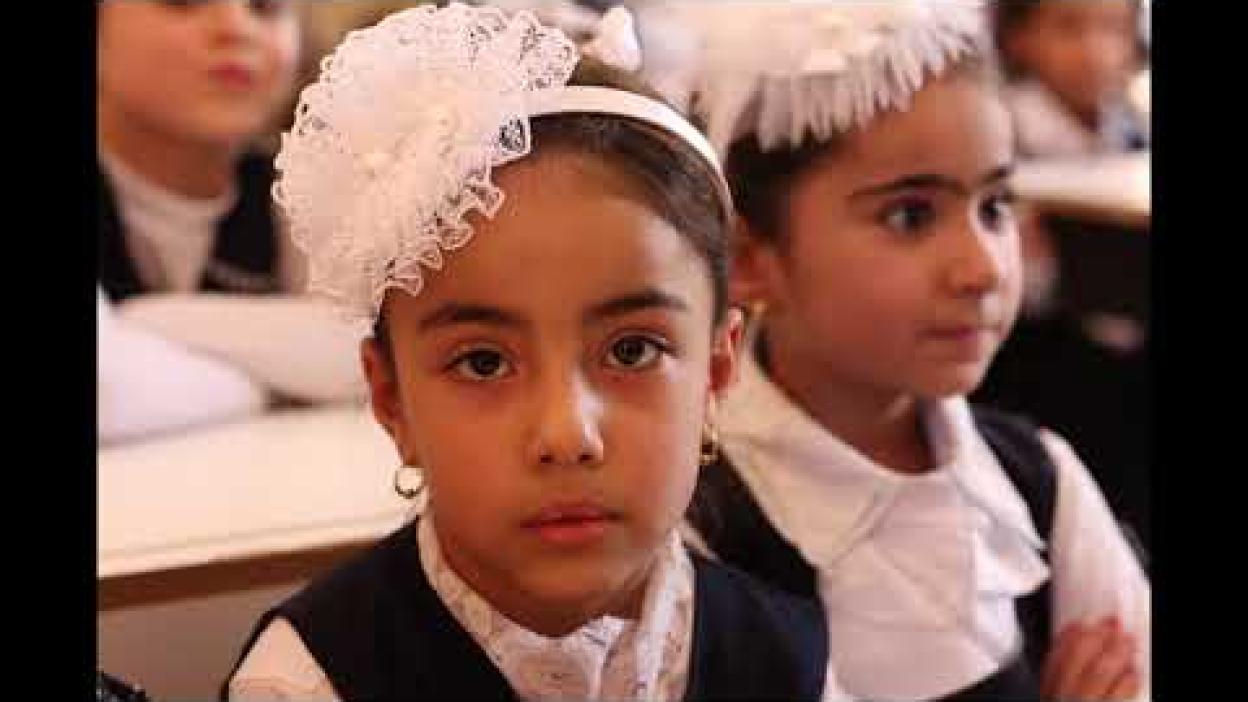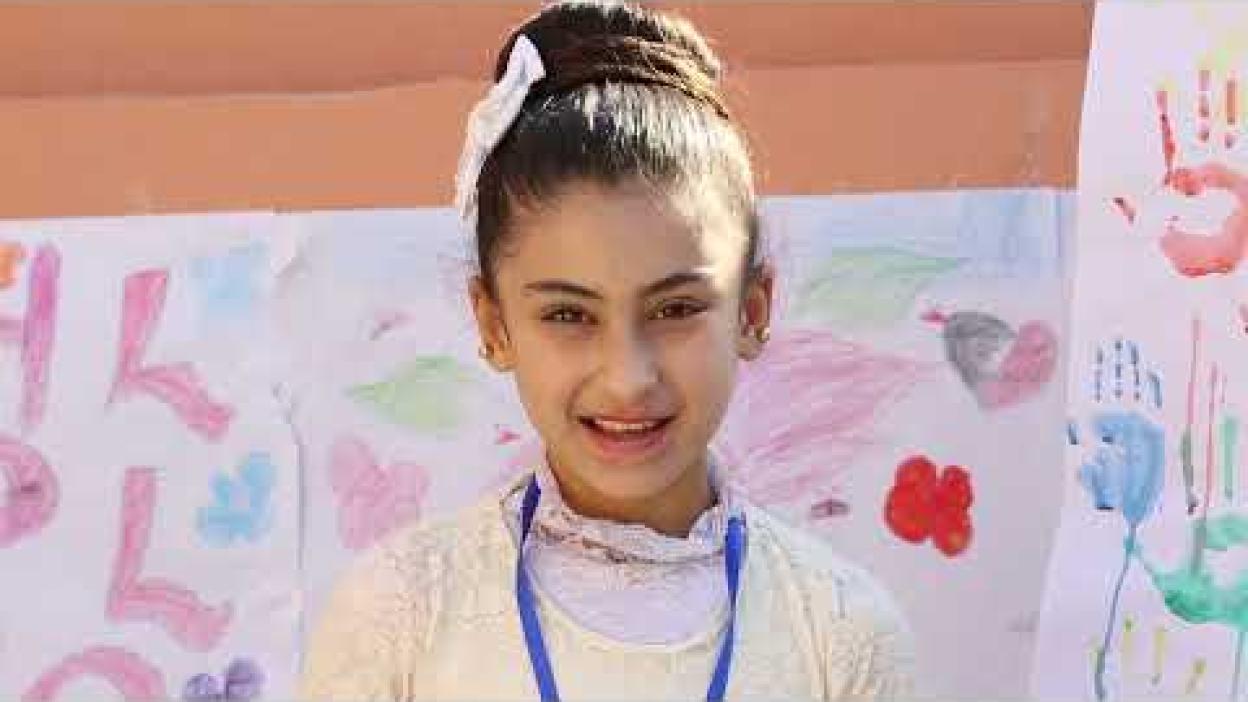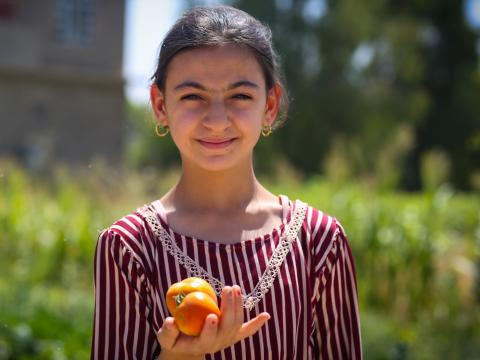Iraq
Recent Updates
World Vision Iraq
World Vision has been responding to the crisis in Iraq since 2014 serving refugees, IDPs, returnees and host communities. World Vision Iraq has helped 358,710 people in Anbar, Duhok, Erbil, Kirkuk, Ninewa, Salah al-Din, Sulaymaniyah, in 2022. We received $11,955,834 in annual funding.
World Vision is expanding its reach to assist children and families in various locations where support is needed. We are intentionally strengthening our dedication to children, aiming to empower them to cultivate positive relationships and lead lives filled with dignity.
World Vision Iraq also assists people after conflict, offering immediate and long-term support for recovery.
We focus on children, women, and men who are most in need, and we want to reduce suffering and help people rebuild their lives. Our response prioritizes interventions in Livelihoods and Economic Empowerment, WASH, Climate Resilience, Disaster Risk Reduction, MHPSS, Protection, Education, Inclusion, Peacebuilding and Social Cohesion.
World Vision Iraq uses local and global knowledge to help children, families, and communities. World Vision Iraq focus on evidence-based methods to make a positive impact.
Our Impact
397,962
3,250,868
2,315,236
Our Areas of Focus
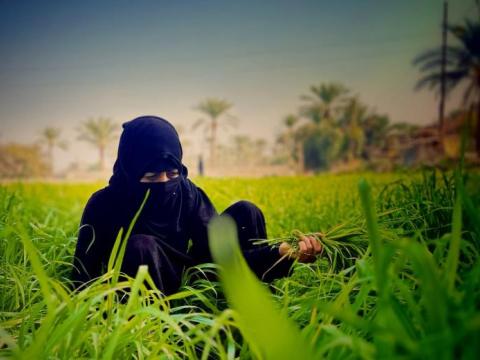
Livelihoods
In Iraq, World Vision is dedicated to supporting vulnerable individuals by addressing the root causes of food and livelihood insecurity and promoting self-reliance.
We work with farming
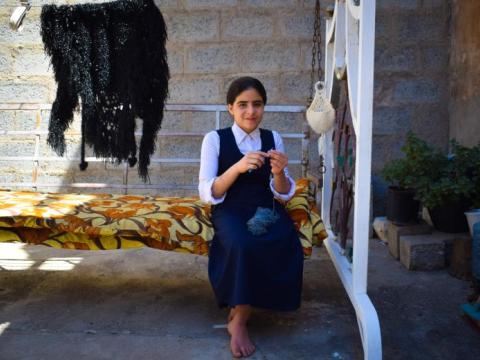
Water, Sanitation and Hygiene (WASH)
World Vision Iraq has made significant contributions to schools and healthcare facilities by providing essential services such as clean water, improved toilets, and efficient waste management
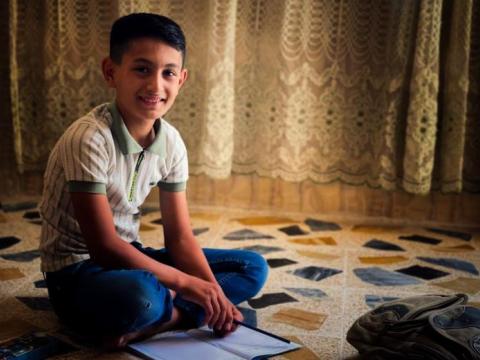
Education and Protection
World Vision Iraq aims to protect and support children and youth, as well as to overcome the disruption of education resulting from conflict and displacement.
World Vision Iraq provided case
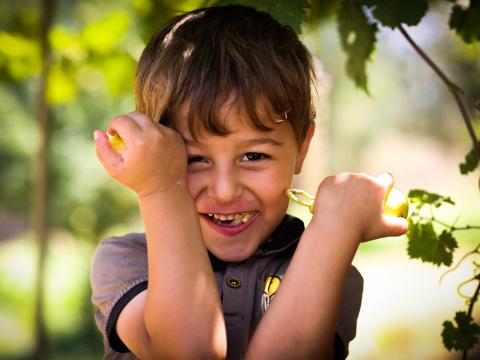
Mental Health and Psychosocial Support
We focus on a community-based MHPSS approach addressing mental, emotional, and psychosocial impacts on people by conflict, disaster, climate change, pandemics, and other drivers of poverty.
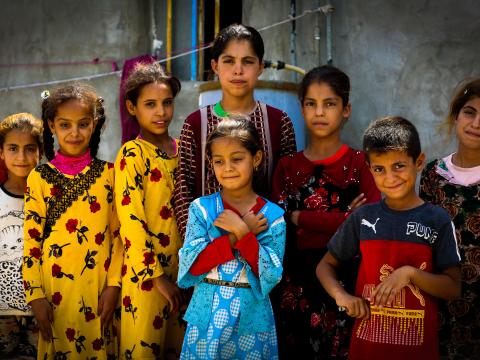
Peacebuilding
Conflict Sensitivity is foundational for all WV’s programming to ensure that the organization does not harm the children, their families, the communities, and other stakeholders. This is achieved
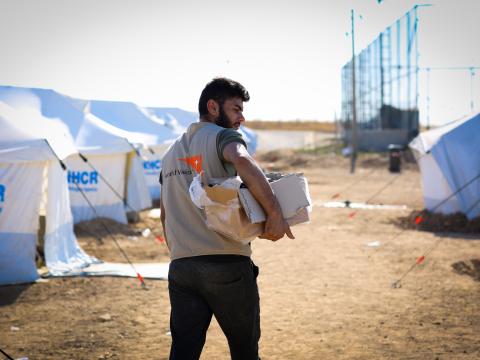
Disaster Risk Reduction
World Vision’s Disaster Risk Reduction programming is to improve the resilience of communities to disasters and to provide children with a safer environment to live in by addressing the drivers of
